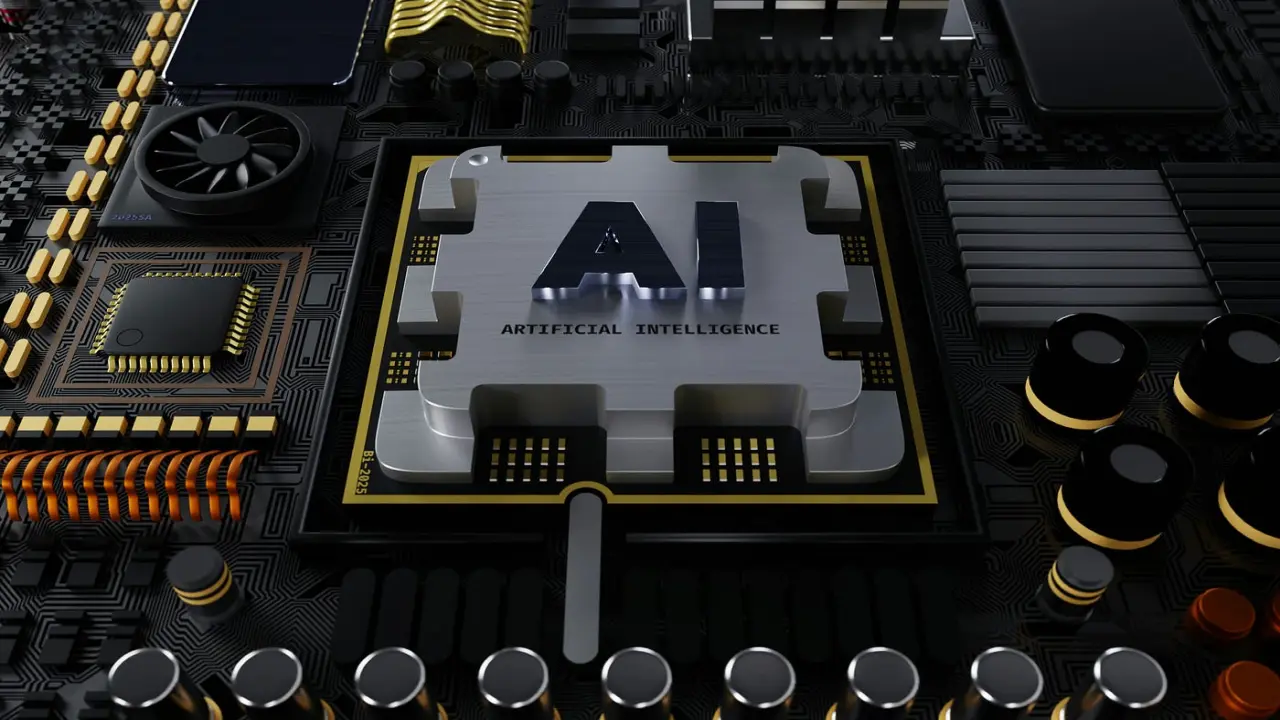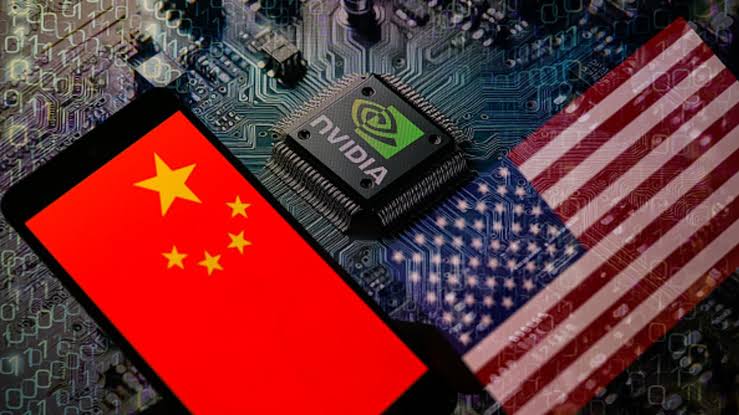OpenAI and Broadcom: Revolutionizing AI with Custom Chip Production in 2026

OpenAI is making a groundbreaking leap in artificial intelligence infrastructure by partnering with semiconductor giant Broadcom to mass-produce its own AI chips starting in 2026. This strategic alliance marks a pivotal shift for OpenAI, which seeks to meet exploding demands for AI computing power while reducing its dependence on third-party hardware suppliers, particularly Nvidia. The collaboration not only promises to enhance OpenAI’s operational efficiency but also signals potential disruptions in the AI hardware industry, fostering innovation and competition.
Meeting the Demands of Advanced AI
The rapid evolution of AI technologies, particularly in natural language processing, computer vision, and autonomous systems, has created unprecedented demand for computing power. OpenAI’s AI models, such as ChatGPT, run on vast computational resources, traditionally powered by GPUs from Nvidia. However, Nvidia’s production constraints and the high cost of its chips have compelled OpenAI to pursue a vertically integrated hardware strategy. By designing its own specialized AI chips, OpenAI anticipates tailoring hardware to the exact needs of its algorithms, thereby enhancing performance and reducing operating costs simultaneously.
The Role of Broadcom in AI Chip Development
Innovating Through Vertical Integration
This move aligns OpenAI with other industry leaders such as Google, Amazon, and Meta, who have developed in-house silicon to manage their specialized AI workload demands. Vertical integration provides several advantages: greater control over hardware-software synergy, accelerated innovation cycles, and tailored energy and compute efficiency. For OpenAI, controlling the chip design process enables it to create hardware optimized to the unique requirements of its AI models, potentially leading to significant performance leaps and cost savings in cloud-based AI services and products.
Technical Challenges and Strategic Benefits
Designing AI chips is technically challenging, requiring deep expertise in both semiconductor design and the computational features of AI models. OpenAI has assembled a team of engineers with substantial experience in previous AI chip development, including veterans from Google’s TPU initiatives. The chip fabrication will be handled by Taiwan Semiconductor Manufacturing Company (TSMC), the world’s premier semiconductor foundry, ensuring cutting-edge manufacturing quality and efficiency. By building specialized AI accelerators rather than relying solely on traditional GPUs, OpenAI targets improved throughput, lower latency, and enhanced energy efficiency tailored for deep learning tasks.
Market and Industry Implications
OpenAI’s foray into AI chip manufacturing could disrupt the existing AI hardware landscape, which is currently dominated by Nvidia. The partnership with Broadcom sets a new benchmark for collaboration between AI software companies and semiconductor manufacturers. This disruption could foster increased competition and innovation in the AI chip sector, which is crucial as AI applications expand across industries from healthcare to autonomous vehicles. Moreover, it represents a critical step toward reducing potential supply chain vulnerabilities caused by overreliance on a limited set of suppliers for AI hardware.
Economic and Strategic Impact
The $10 billion order commitment to Broadcom underscores the economic significance and scale of this endeavor. For Broadcom, this project diversifies its portfolio into the lucrative AI chip market, promising robust revenue growth aligned with global trends toward AI adoption. For OpenAI, self-producing chips fosters not only technological independence but also positions it competitively in an era where specialized AI hardware is becoming a key differentiator. By controlling more elements of its technology stack, OpenAI can pursue more aggressive research and deployment strategies for AI innovations without external hardware bottlenecks.
Future Prospects
Looking forward, OpenAI’s collaboration with Broadcom represents the dawn of a new chapter where leading AI developers take greater ownership of their hardware infrastructure. This trend is expected to expand as the AI community demands ever greater efficiencies and performance gains. While OpenAI’s chips will first serve internal uses, success in this realm could pave the way for future commercial chip solutions, influencing broader markets beyond OpenAI itself. The ongoing development and production of custom AI accelerators will likely shape the AI hardware ecosystem, driving further specialization and technological breakthroughs.
OpenAI’s decision to design and mass-produce its own AI chips in partnership with Broadcom is a strategic masterstroke reflecting the evolving demands of AI technology. It showcases a shift towards vertically integrated tech innovation aimed at boosting efficiency, performance, and independence from dominant suppliers like Nvidia. This partnership heralds significant advancement not only for OpenAI’s AI capabilities but for the entire AI hardware industry, promising enhanced competition, innovation, and expansive growth over the coming years
Enjoyed this post?
Subscribe to Evervolve weekly for curated startup signals.
Join Now →







